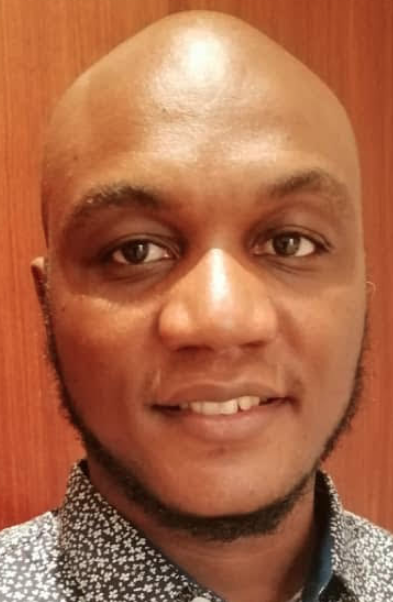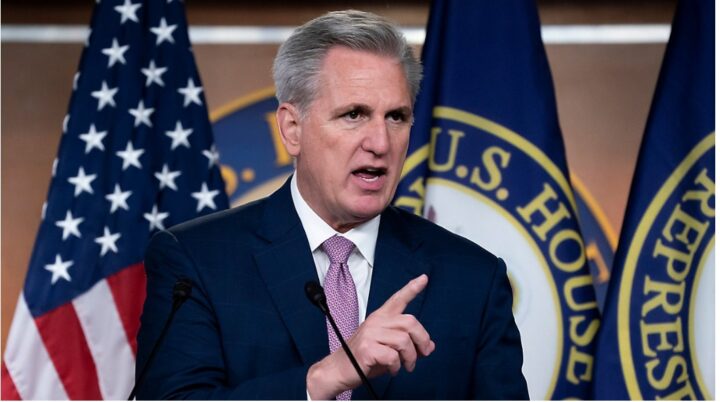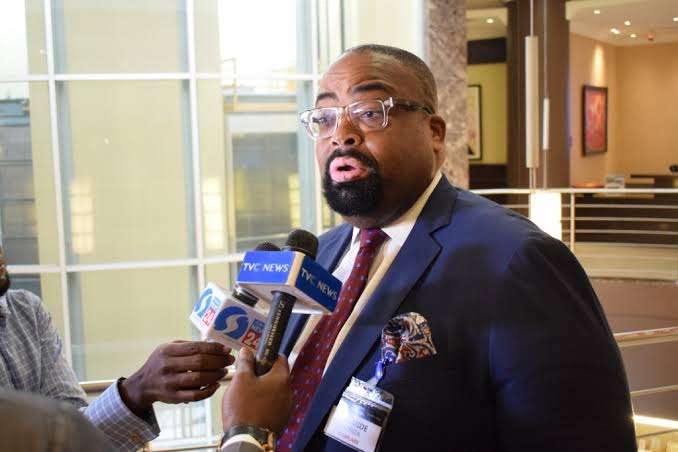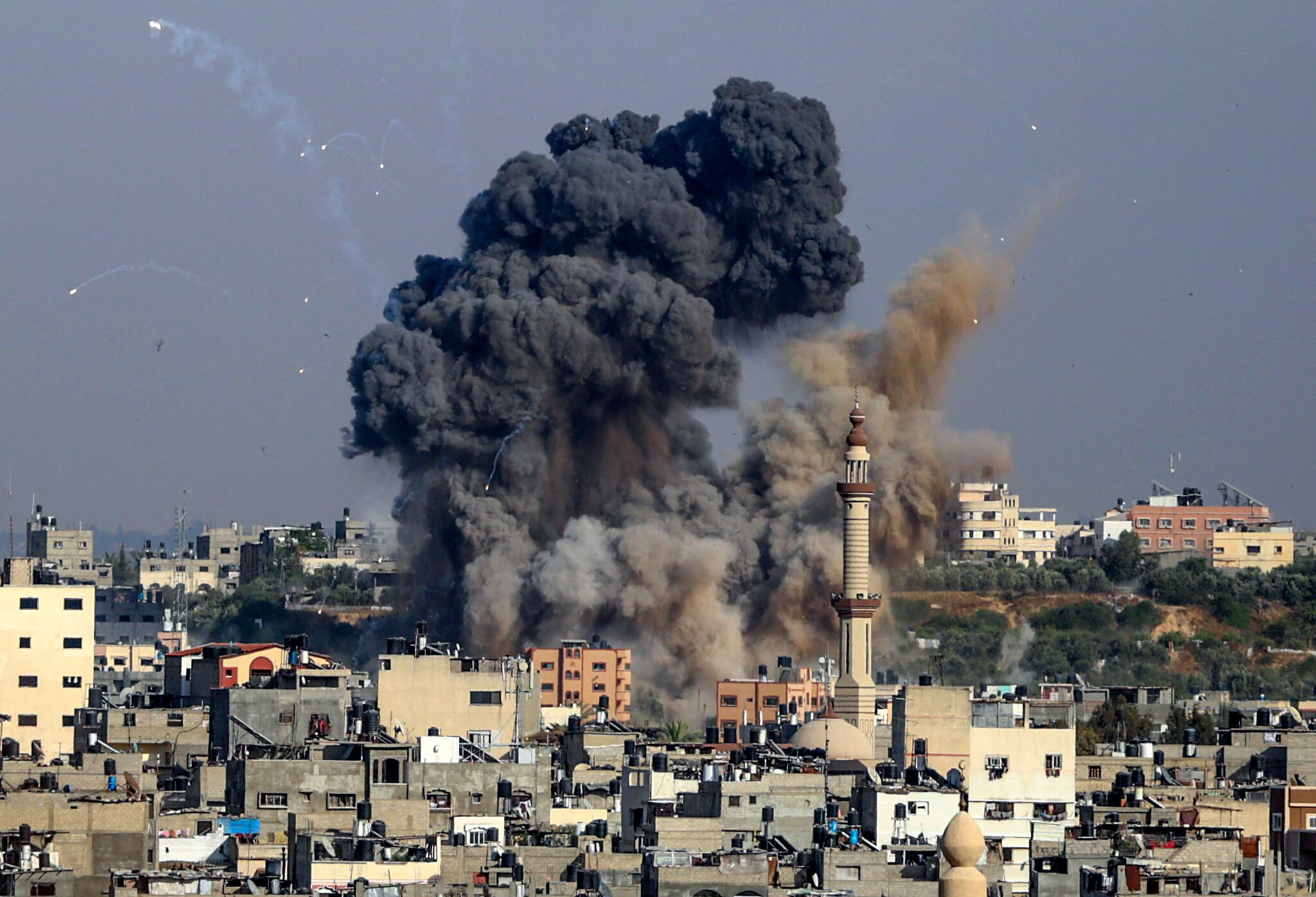In recent months, the crime rate in Abuja has skyrocketed to alarming levels. As the nation’s capital, Abuja should ideally be the epitome of security and peace, but the harsh reality is far from this ideal. Simply leaving one’s home to work or run errands, and returning unscathed, is increasingly becoming a rare blessing.
The city is besieged by criminals, carjackers, and “one-chance” operators who have virtually taken control of what was once a beautiful and thriving metropolis.
A poignant example of this crisis is the tragic story of Greatness Olorunfemi, a ‘one-chance’ victim and a member of the Young African Leaders Initiative (YALI) Network, who recently passed away. In a viral video, a man named West Robinson narrated how she was rescued but allegedly neglected at the Maitama General Hospital, Abuja, due to a lack of a police report.
One cannot help but question the priorities of our healthcare system. The primary role of doctors and nurses should be to save lives, and the persistent demand for a police report before treatment is deeply troubling. Even the police themselves have emphasised the importance of treating gunshot victims promptly without the need for a report.
Advertisement
Almost every day in Abuja, stories of “one-chance” operators make headlines. Recently, a video went viral showing passengers struggling with these criminals in a moving car. Sadly, this is becoming a grim norm in Abuja.
Carjacking and theft have also become rampant, to the point where individuals are attacked and robbed of their vehicles right outside their own homes. Returning home after dark in Abuja now requires a heightened level of vigilance, with residents forced to play detective to ensure they are not being followed.
Furthermore, the fear of ritualistic attacks has cast a dark shadow over the city. Men walk the streets of Abuja with trepidation, clutching their pockets to protect their private parts from potential theft. The palpable sense of insecurity has permeated public spaces and transportation in the city.
Advertisement
In the midst of this surging crime wave, it appears that the primary focus of the minister, Wysome Wike, has been on land revocation and property demolition. While these issues may be significant concerns for the elite, they pale in comparison to the pervasive insecurity that affects everyone in Abuja.
Land revocation, for instance, primarily impacts the affluent, and the average citizen on the street is less concerned about these matters.
Similarly, property demolition should not be a top priority at a time when the city is grappling with a security crisis that endangers the lives and well-being of its residents on a daily basis.
It is imperative that Minister Nyesom Wike directs his efforts and resources towards making Abuja safe and secure once again. His competence and capacity to deliver results are well-known, and nothing short of outstanding performance is expected from him in this critical endeavour.
Advertisement
To address the escalating crime crisis in Abuja, a multifaceted approach is required.
Increasing the presence of law enforcement personnel and enhancing their training to effectively combat crime is essential. Community policing initiatives should be encouraged to foster trust between the police and the public.
Hospitals must prioritise saving lives above all else. The requirement for a police report before treatment in cases of injury or violence should be eliminated. The police have already endorsed this approach for gunshot victims, and it should be extended to all cases.
Educating the public about common criminal tactics, such as “one-chance” operations and carjacking, can empower residents to protect themselves. Public campaigns and workshops can be organized to raise awareness.
Advertisement
Installing surveillance cameras in strategic locations and improving street lighting can deter criminals and aid in their identification and capture.
Establishing specialised units within law enforcement agencies to respond swiftly to reports of crime can help apprehend criminals before they escape.
Advertisement
Engaging with community leaders and organizations can help identify local concerns and tailor security measures to specific neighbourhoods.
Cooperation between law enforcement, healthcare providers, and local authorities is crucial to addressing the complex issue of insecurity comprehensively.
Advertisement
Needless to say ,Abuja is in the grip of a security crisis that demands immediate and sustained attention. The citizens of the nation’s capital deserve to live in safety and peace, and it is incumbent upon Minister Nyesom Wike to prioritise the security and well-being of the people above all else.
Abuja can once again become a shining example of security and prosperity, but concerted efforts are needed to address the rising crime rate. I just hope that the government will take swift and decisive action to restore Abuja’s status as a secure and peaceful city for all its residents.
Advertisement
Views expressed by contributors are strictly personal and not of TheCable.







